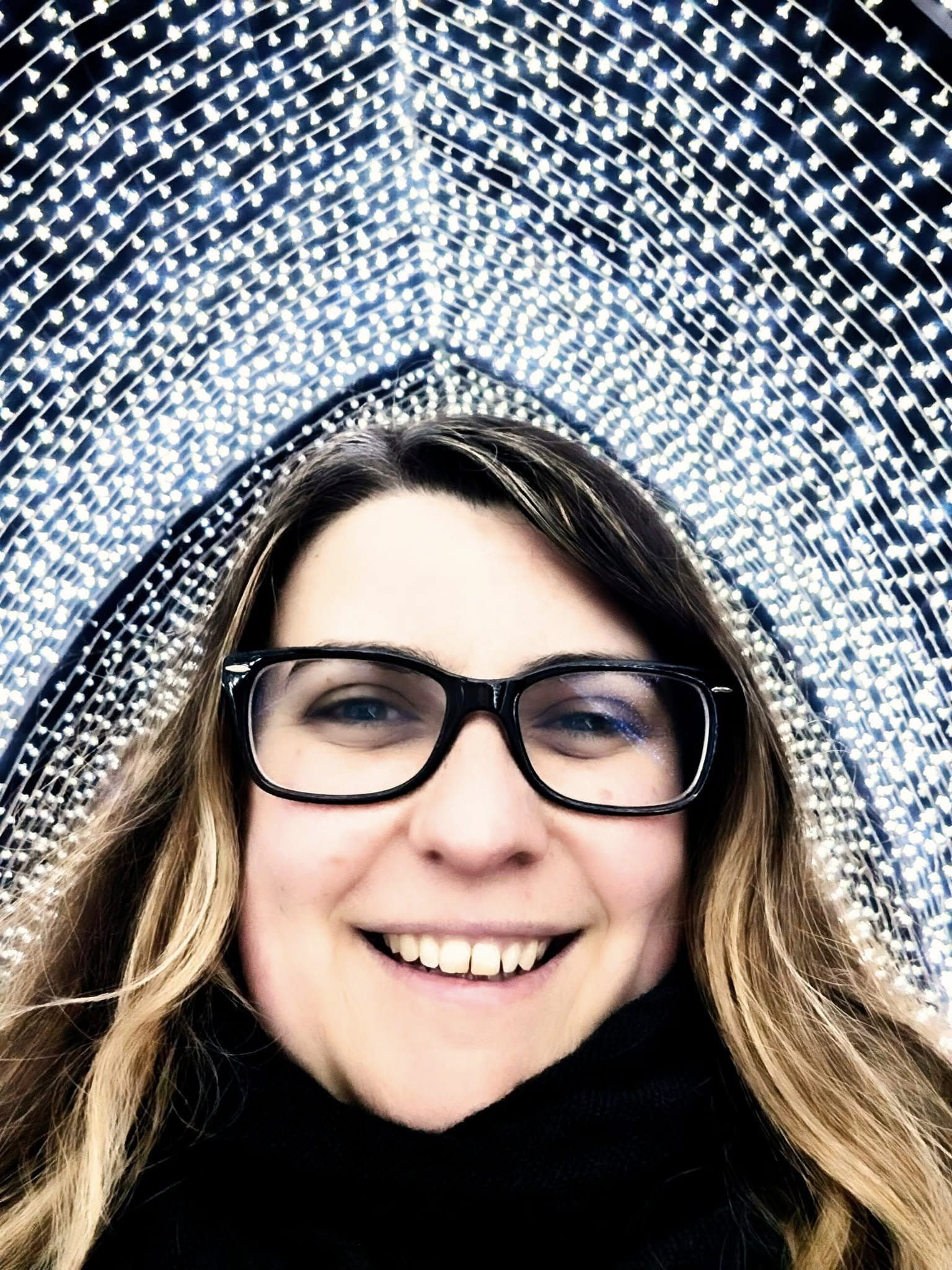Rejection Sensitivity Dysphoria: My Brain’s Drama Queen Era
I’ve always been that person—the one who walks away from a perfectly normal conversation and then spends the next three days wondering:
“Did I sound rude?”
“Did they think I was weird?”
“Should I have said it differently?”
“Are they secretly mad at me?”
“Was I the person in the wrong there (even though what they did to me was justifiably unfair)?”
It’s like my brain turns into a full-time detective, trying to solve a mystery – one that usually doesn’t actually exist. Turns out, Rejection Sensitivity Dysphoria (RSD) is a real thing that you can experience – and it’s common in people with ADHD!
One time, I told someone “Oh cool!” in response to their story, and then spiralled for days thinking it sounded dismissive. (Spoiler: they didn’t even notice.)
RSD in Relationships: A Rocky Start
When I first started dating my partner, RSD was like a third wheel. I was constantly misinterpreting their tone, their texts, their silences. If they didn’t say “I love you” in the exact way I expected, I’d spiral into tears thinking something was wrong.
Turns out… our love languages were completely different. I’m a “Words of Affirmation” gal, and they’re more of an “Acts of Service” type. So, while I was craving sweet words, they were out here building me a wardrobe as a love letter. 🛠️💌
Learning about love languages helped both of us understand how we express and receive love. If you’re curious, check out The 5 Love Languages® resources—they’re super helpful! 5lovelanguages.com
What Even Is RSD?
Rejection Sensitive Dysphoria (RSD) is where you feel intense emotional pain from perceived or actual rejection or criticism. As I mentioned before, it’s common in folks with ADHD but can show up in others too.
People with RSD often:
Overthink social interactions
Feel crushed by even gentle criticism
Avoid situations where rejection might happen
Replay conversations endlessly
It’s not just “being sensitive”—it’s like your brain’s alarm system goes off at the tiniest hint of rejection. You can learn more in this RSD Toolkit from NAMI Mercer or Cleveland Clinic’s overview. namimercer.org my.clevela...clinic.org
Mindset Magic: Reframing the RSD Spiral
Once I learned what RSD was, it felt like someone finally handed me the manual to my brain. I could start spotting it when it showed up—and that changed everything.
Here are some signs and patterns I started noticing in myself that helped me identify when RSD was creeping in:
Overthinking neutral interactions: If someone replied with “ok” or didn’t use an emoji, I’d spiral into thinking they were upset with me.
Replaying conversations: I’d obsessively go over what I said, how I said it, and whether I should’ve said it differently.
Feeling rejected when there was no rejection: A friend cancelling plans or a partner being quiet could feel like a personal attack.
Sudden emotional overwhelm: A tiny comment could trigger intense sadness, anxiety, or even shame.
People-pleasing and perfectionism: I’d bend over backwards to avoid any chance of someone being disappointed in me.
Avoiding situations: I’d dodge social events or difficult conversations just to avoid the possibility of rejection.
Medication Helped Me Reclaim My Brain
Starting ADHD medication was also a turning point. It didn’t erase RSD, but it gave me the space to:
Notice it faster: I could catch myself mid-spiral and go, “Oh hey, this is RSD.”
Challenge my thoughts: I’d ask, “Is this real? Or is my brain doing its dramatic thing again?”
Move on quicker: I stopped spending hours (or days) analysing every word I said.
Now? I feel happier, calmer, and more free. I can have a conversation and not carry it around like emotional luggage for a week.
Final Thoughts
If you’ve ever felt like your brain is a bit too good at catastrophizing, overthinking, or assuming the worst—especially after a simple chat or a text message—you’re not alone. Rejection Sensitivity Dysphoria can feel like your emotions are constantly walking a tightrope, and even the smallest wobble can send you spiraling.
But here’s the thing: you’re not broken. Your sensitivity is part of how deeply you care, how tuned-in you are to others, and how much you value connection. That’s a strength—even if it sometimes feels like a storm.
Understanding RSD gave me language for something I’d been experiencing my whole life. It helped me stop blaming myself and start supporting myself. With education, reflection, and (for me) medication, I’ve learned to spot the signs, challenge the stories my brain tells, and move through the world with more ease.
I still have moments. But they’re just that—moments, not marathons. I can notice the spiral starting and gently step out of it. I can trust that not every silence is rejection, not every pause is criticism, and not every “ok” means someone’s mad at me.
If you’re on this journey too, I hope you know that healing is possible. It’s not about becoming someone else—it’s about becoming more you, with less fear and more freedom.
And that? That’s worth celebrating!
<3 Kirstie

